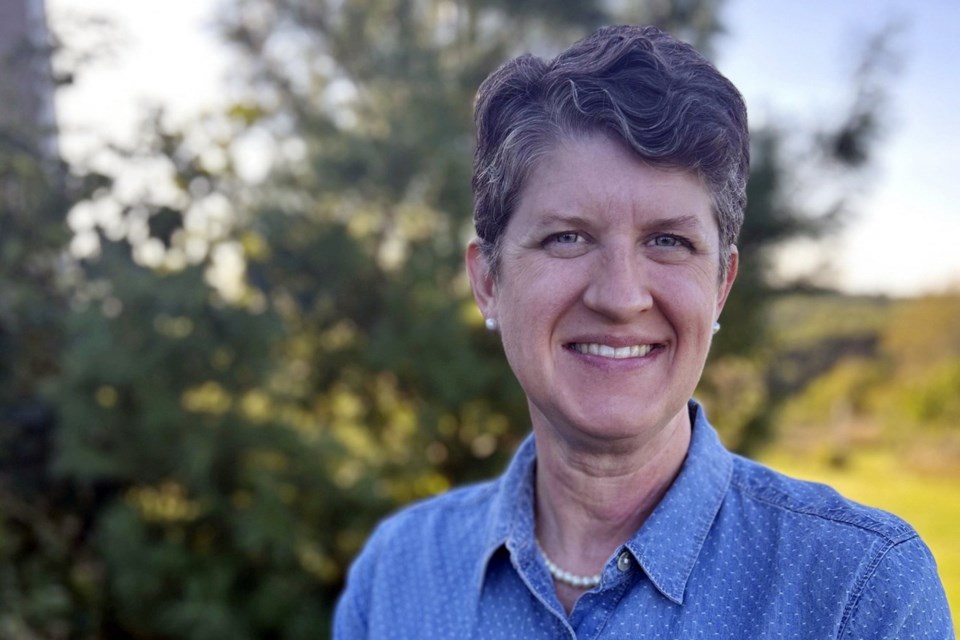MADISON, Wis. (AP) — Wisconsin’s Democratic-backed incumbent state schools leader will face a Republican-supported challenger after both advanced in Tuesday’s three-person primary.
The winner in the April 1 general election will guide education policy in the battleground state during President Donald Trump’s second term.
Jill Underly, currently serving her first term as state superintendent, and Brittany Kinser, an advocate of the state's private school voucher program and public charter schools, both advanced in Tuesday’s primary. Jeff Wright, a rural school superintendent, was eliminated.
Underly was first elected to head the Wisconsin Department of Public Instruction in 2021 with the support of Democrats and teachers unions. She has tried to position herself as the champion for public schools.
She said her win shows that voters “love their public schools.”
“They are also committed to making sure their public schools stay viable and every kid has these opportunities to be successful,” Underly said.
She was endorsed by the Wisconsin Democratic Party, which also has given her campaign $106,000 this month, and a host of Democratic officeholders.
But the Wisconsin Education Association Council, the statewide teachers union, did not endorse a candidate in the primary. The political action committee for the union had recommended Wright be endorsed.
Wright, a two-time Democratic candidate for state Assembly, tried to cut into Underly’s base of support. He won the endorsements of the Association of Wisconsin School Administrators and the Middleton-Cross Plains teachers union.
Kinser, an education consultant, invited Wright's backers who were unhappy with Underly's leadership to back her.
“I’m welcoming Jeff and his supporters to come and join our campaign so we can restore high standards for all children in Wisconsin," Kinser said.
Wright is going to “take some time to think" before he endorses anyone, his spokesperson Tyler Smith said.
Kinser is backed by Republicans, including the state party, which has given her campaign $200,000 so far.
Underly accused Kinser of being “focused on expanding vouchers, and these policies put our public schools in a dangerous race to the bottom.”
Kinser countered that her campaign is focused on bolstering achievement for all students, no matter what type of school they attend.
Wisconsin is the only state where voters elect the top education official but there is no state board of education. That gives the person who runs the Department of Public Instruction broad authority to oversee education policy, which includes dispersing money to schools and managing teacher licensing.
Whoever wins will have to manage Wisconsin’s relationship with the Trump administration as it seeks to eliminate the federal Department of Education, which supports roughly 14% of public school budgets nationwide with an annual budget of $79 billion.
Scott Bauer, The Associated Press




